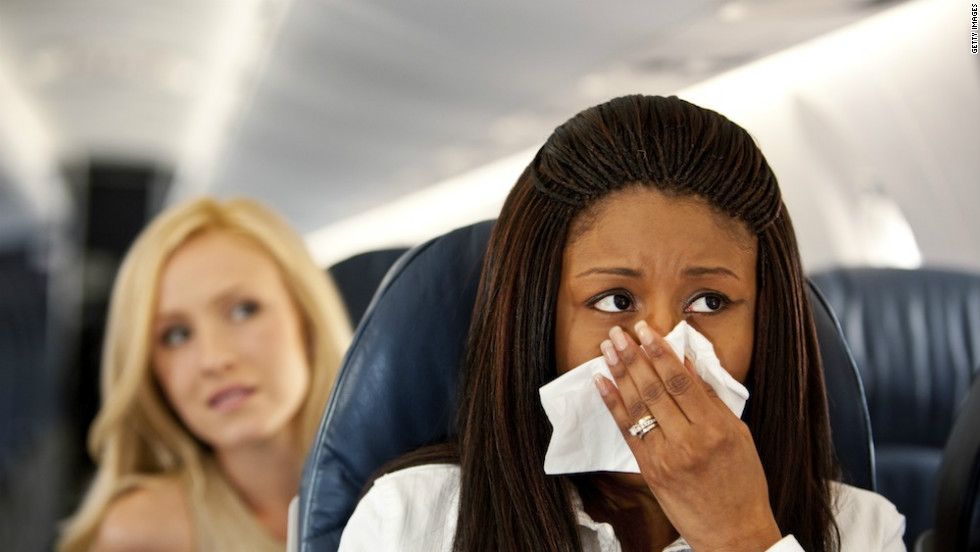Many travelers now come equipped with tissues and antihistamines. But for those with severe allergies, travel can be a much more harrowing, and potentially deadly, experience.
Consider, for example, a few incidents that highlight how challenging severe allergies while traveling can be for individuals. A recent story that grabbed international headlines drew attention to a 7-year-old boy and his family who were forced by the airline to deplane after he had a severe allergy attack prompted by the presence of service dogs on the domestic flight.
Although in this instance the boy's allergies were not life-threatening, other high-profile stories in the past couple of years have featured young children who have gone into anaphylaxis after consuming, or simply being exposed to, tree nuts during flights—allergic reactions extreme enough to force the planes to land for the children to receive medical treatment.
Sensational media coverage aside, there is a recurrent thread to stories like these: Severe allergic reactions during travel are unpredictable, can come on swiftly, and are increasingly common. Knowing one's risk and planning ahead may make all the difference, which makes communication between physicians and patients about the management of severe allergies that much more important.
Source: http://www.medscape.com/viewarticle/860408 Rebecca E. Cooney, PhD March 21, 2016







Join the conversation